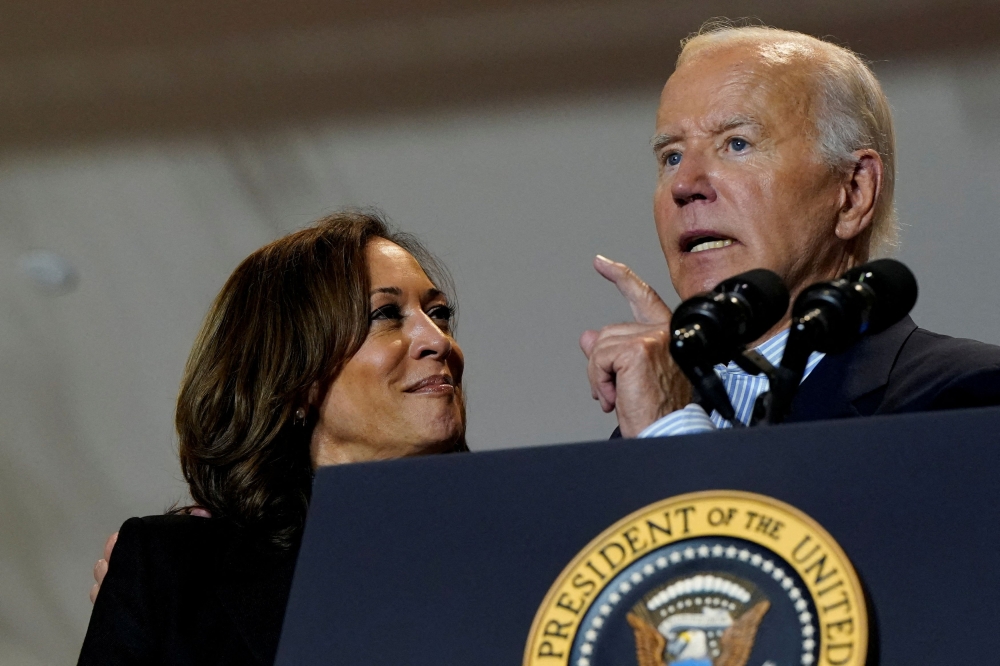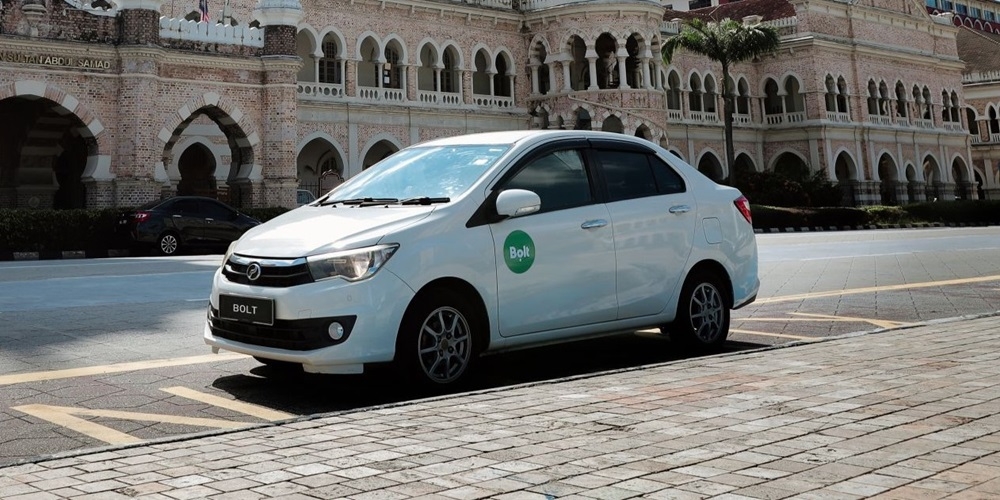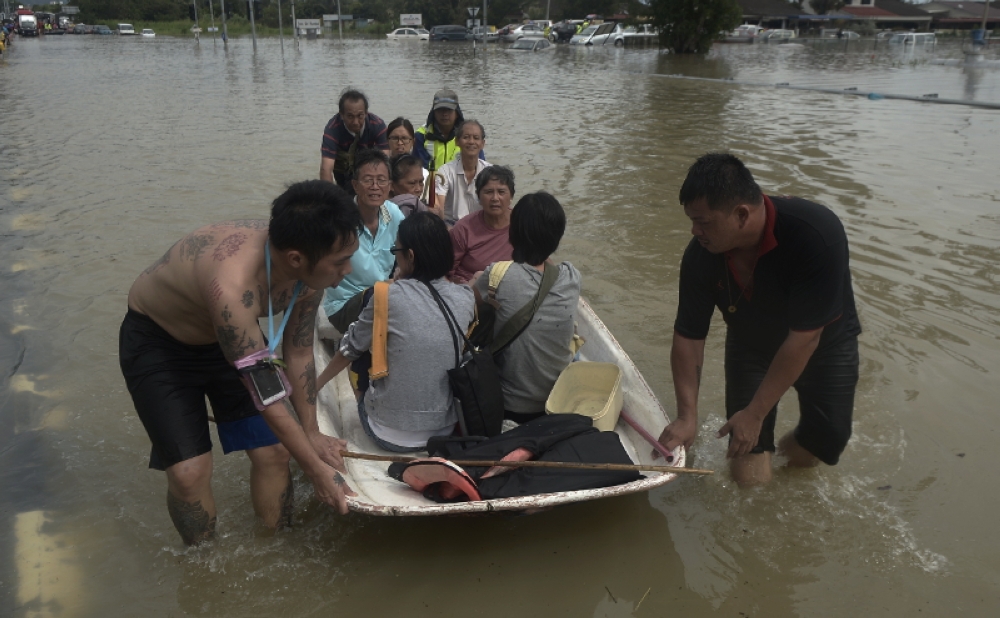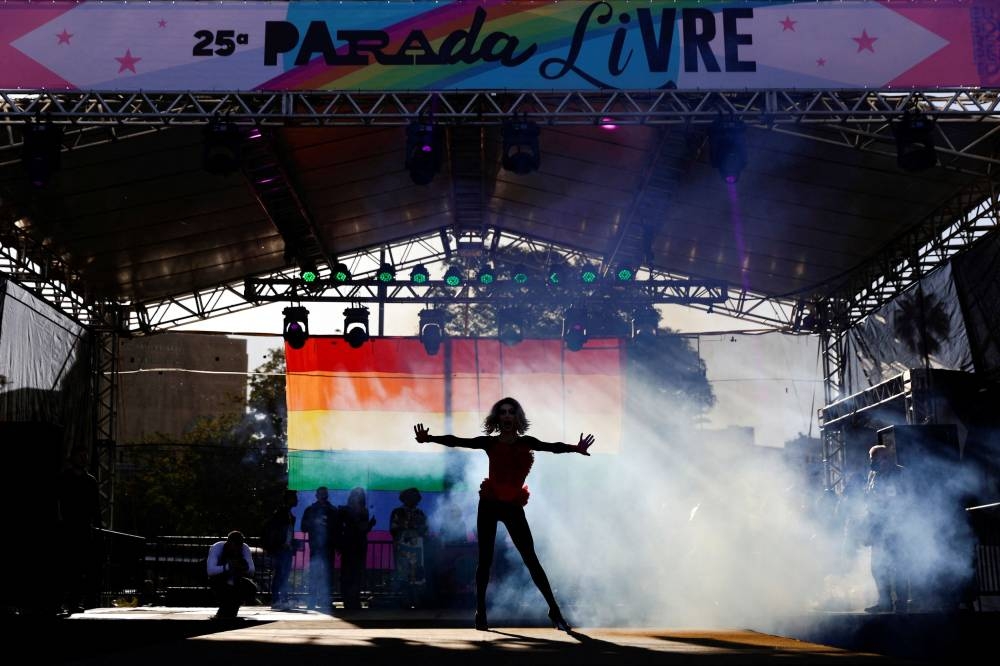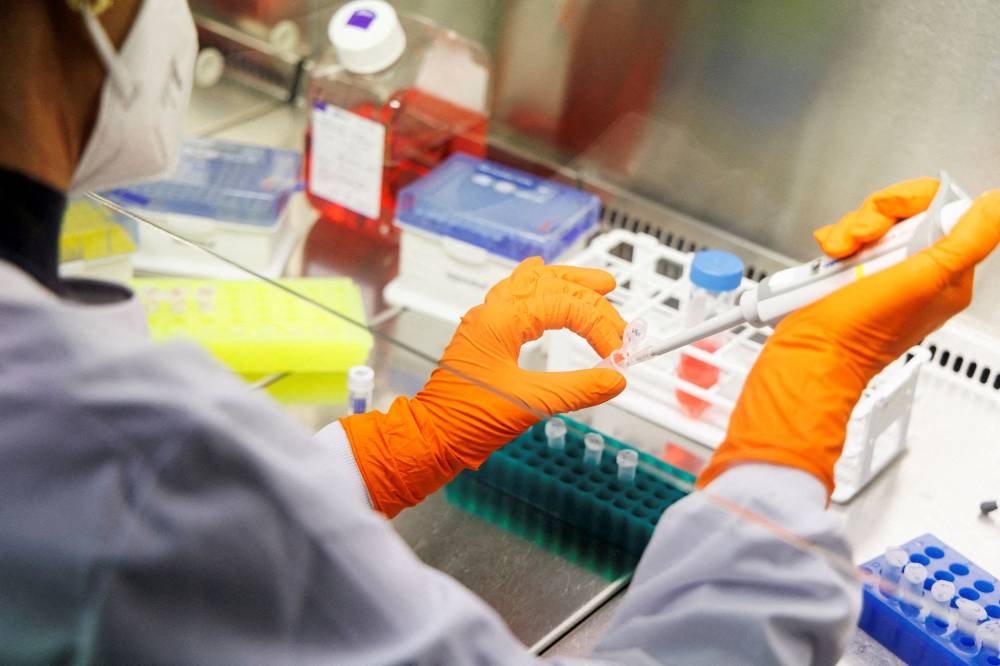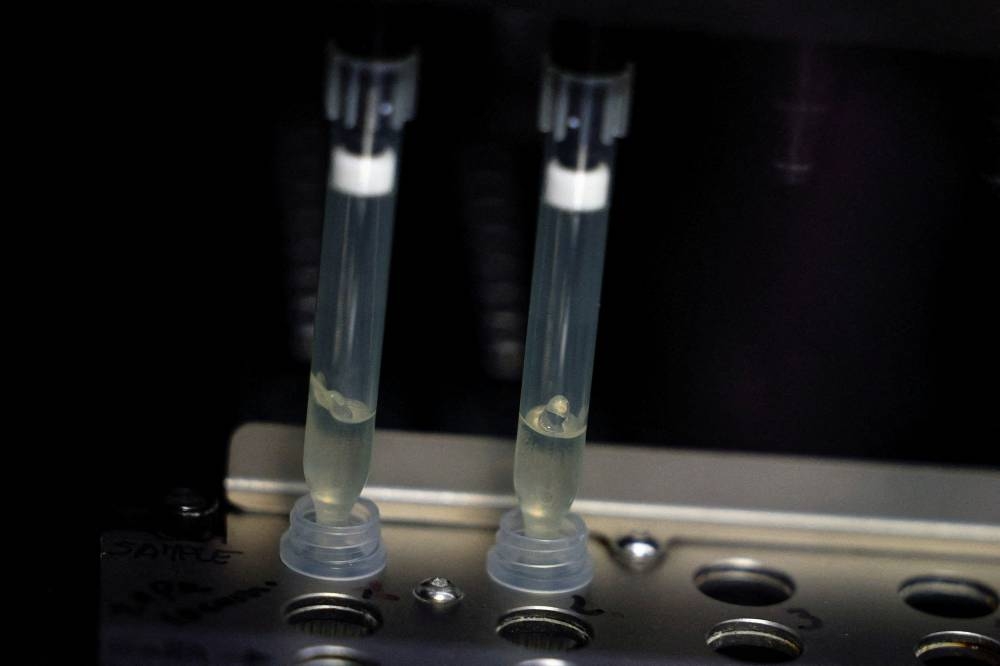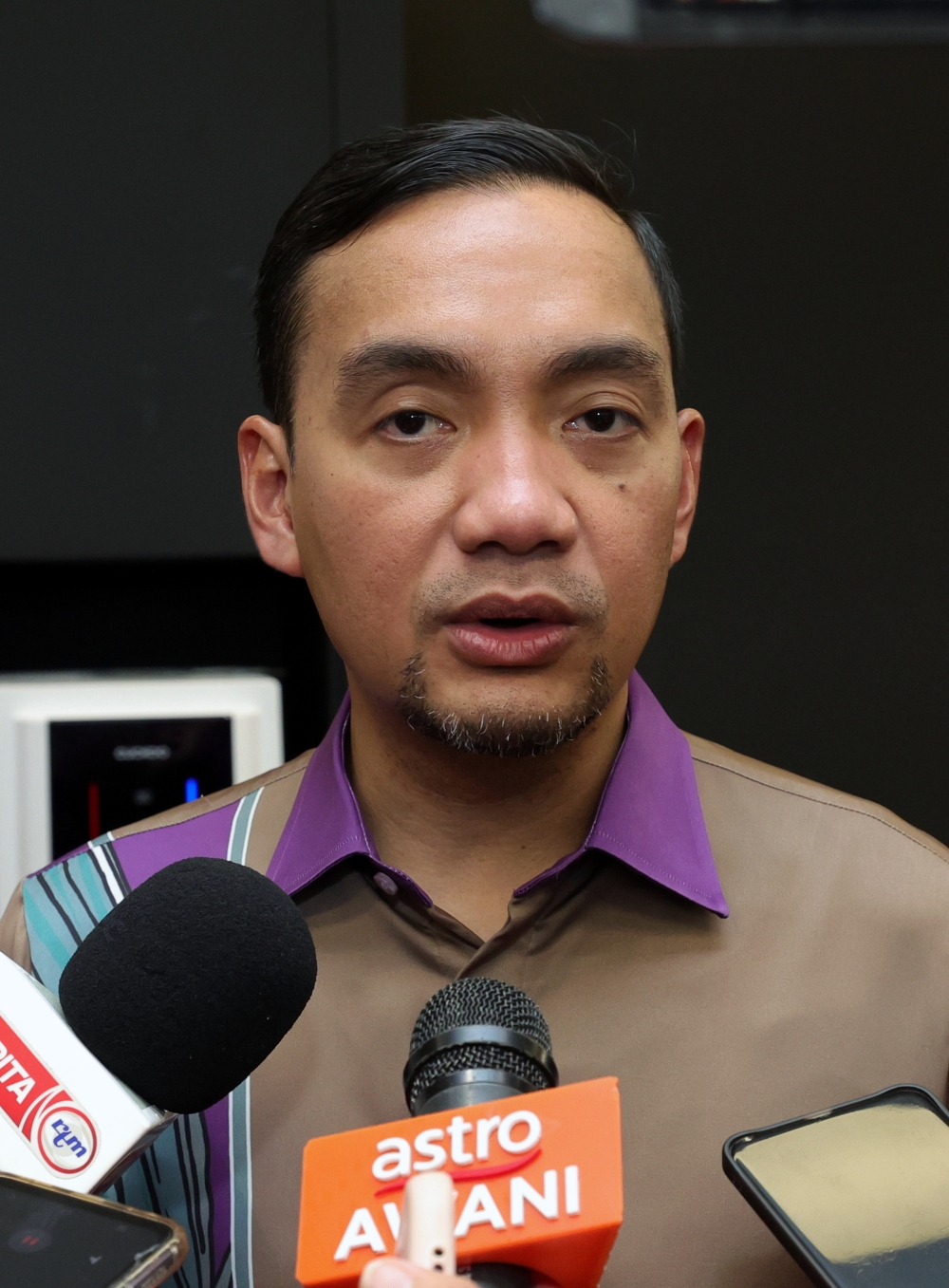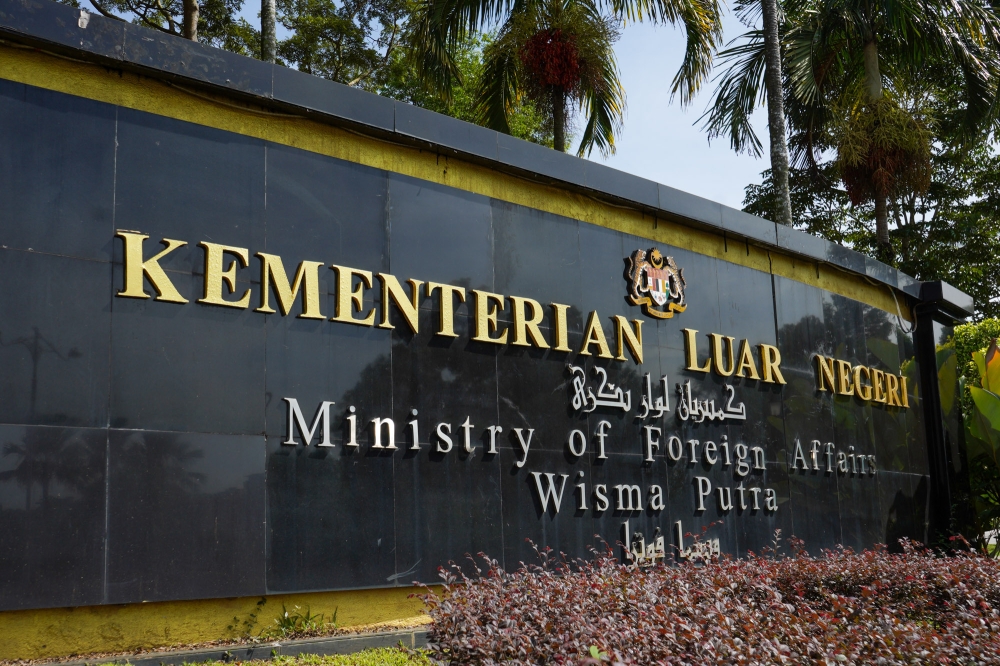LONDON, June 15 — When Louis, a 29-year-old gay man, realised he had caught something "nasty", the doctor initially thought it was herpes. His symptoms started with a rash, followed by a high temperature and blisters on his face.
"I was warning any guys I'd had contact with, 'Be careful - I've got something that's weird'," Louis, who asked not to use his real name to protect his identity, said by phone. "I called the doctor again and that time he said it was monkeypox."
Louis, who is French and lives in Berlin, is one of more than 1,500 people across 25 European countries who have been affected by the first large-scale outbreak of the viral disease outside of endemic countries in West and Central Africa.
So far, most cases have involved gay and bisexual men, according to the World Health Organisation (WHO), though it has been emphasised that anyone can contract the virus through prolonged close contact or from particles on items such as bedding or towels.
Evidence of monkeypox has also been detected in semen among a handful of cases in Italy, with scientists now investigating whether sexual transmission is a possibility.
As a precaution, the WHO has advised monkeypox patients to use condoms for 12 weeks after their recovery.
A survey of 152 monkeypox patients in England showed 99% identified as men who have sex with men, Britain's Health Security Agency said.
Louis told the Thomson Reuters Foundation he contracted the virus after having sex at a private party in Berlin.
The virus has low fatality rates https://www.openlynews.com/i/?id=34137589-479f-403a-a9f2-33622d160f7a. But for Europe's LGBTQ+ community, the emergence of a disease that is so far disproportionately affecting gay and bisexual men has recalled the HIV epidemic in the 1980s and raised fears that the community could be stigmatised over the outbreak.
Pride link?
The monkeypox cases come as Europe prepares to host about 750 Pride events this summer, prompting debate about how to stem infections without whipping up anti-LGBTQ+ sentiment.
When an WHO adviser suggested several early monkeypox cases might be linked to a massive Pride event held in the Spanish Canary Islands resort of Maspalomas, it made headlines at home and abroad.
A local newspaper recognised the risk that the cases could spark a homophobic backlash, but suggested the organisers were "irresponsible" for not having issued a statement immediately after the outbreak came to light.
In Latvia, 10 lawmakers sought to cancel the capital's Riga Pride march, citing concern over monkeypox, but their parliamentary proposal was swiftly rejected after the ombudsman called it a "discriminatory initiative".
The WHO has repeatedly said Pride events are unlikely to increase the risk of the virus spreading.
At a news conference on Wednesday, WHO's European director Hans Kluge said the virus is "not in itself attached to any specific group".
"Monkeypox is not a reason to cancel events, but an opportunity to leverage them, to drive our engagement," he said, adding that festivals present an opportunity to educate young people about their sexual health.
'Reason for homophobia'
Europe is currently the 'epicentre' of the monkeypox outbreak, making up 85 per cent of all global cases, Kluge said.
Britain has the most confirmed infections in Europe, with more than 470 cases as of June 12, according to official data, followed by Spain, Portugal and Germany.
Organisers of Pride events in places including London, Berlin, Lisbon, Amsterdam, Malta and Stockholm have said they will go ahead as planned.
Pride representatives in about a dozen other European cities did not respond to requests for comment.
In Britain, a proposal by activist group the LGB Alliance to close sex venues - such as massage parlours and saunas - regardless of their customers' sexuality was rejected as unnecessary by other LGBTQ+ groups and scientists.
Still, the Health Security Agency has published new cleaning guidance for such venues, recommending additional measures they can take.
In Riga, the failed bid to ban Pride celebrations highlights how politicians are using anti-LGBTQ+ rhetoric in a bid to win votes ahead of an October general election, said Kristine Garina, president of the European Pride Organisers Association.
"It was just a reason to express homophobia once again because elections are coming up in October. They're (using monkeypox) to remind voters they're still anti-LGBT," Garina said.
One of the lawmakers who backed the proposal, Aldis Gobzems from right-wing party For Each and Every One, who is himself gay, defended the initiative and compared it to public health measures aimed at controlling the spread of the coronavirus.
In Berlin, one of the organisers of the CSD Pride event, Ulli Pridat, said preparations were going ahead as planned, but noted that the monkeypox outbreak could fuel stigma towards LGBTQ+ people in Germany.
He cited a ban on blood donation by gay and bi men in the country, which has reported a rise in hate crimes https://www.openlynews.com/i/?id=df2af16d-78a4-49d8-aa13-507f8445a2c8 targeting LGBTQ+ people in recent years.
"The community had to fight for many, many years with the stigma of HIV and it takes so long to get over this again," Pridat said. — Reuters


